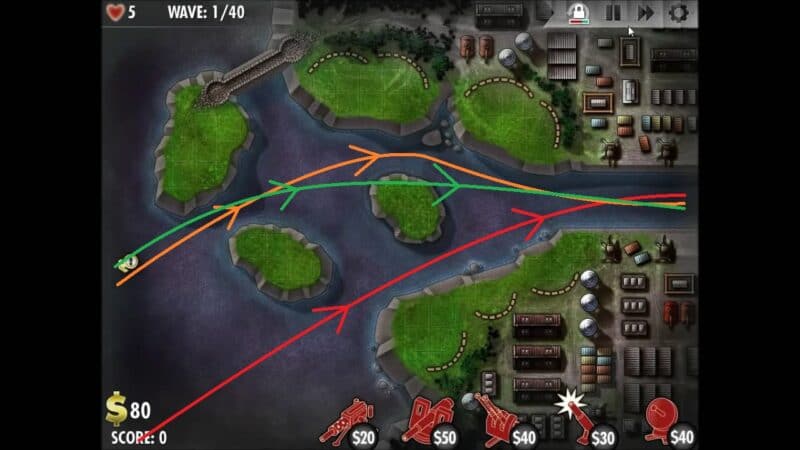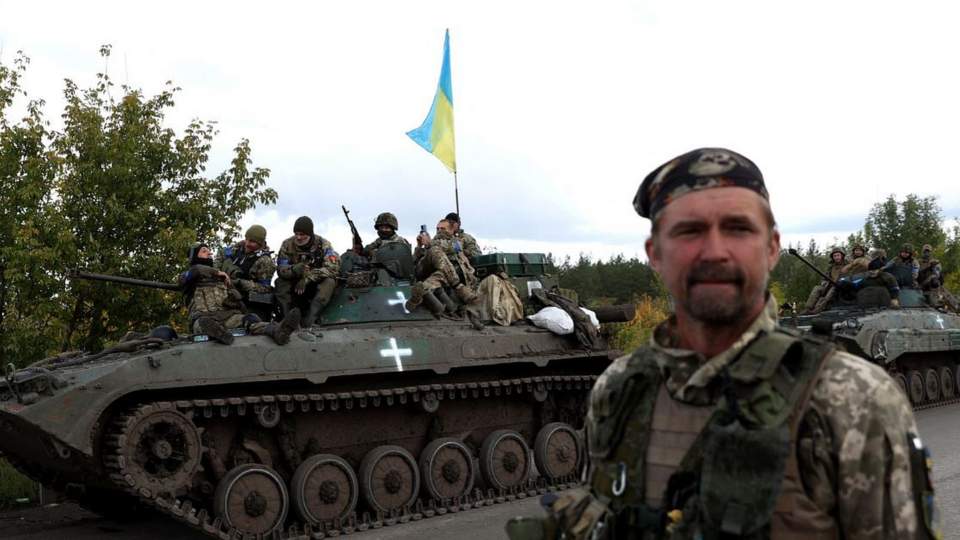
First, it simply is not true that Russia believes there is no Iranian nuclear or missile threat. Because Warsaw and Prague defied Russia's objections and threats by accepting to host these missile defenses they have received numerous equally predictable and regular Russian threats to target them with nuclear and conventional missiles.īut are Russia's charges that these systems threaten it justified: indeed, who threatens whom in Eastern Europe? The threats directed against Poland, Belarus and even Ukraine suggest that other issues and dynamics are at work here rather than missile defenses. Missile defenses would then deprive Russia of the capability to launch a retaliatory strike or else degrade that capability, leaving Russia vulnerable to all manner of attacks. That first strike is in accordance with Russia's military doctrine that calls for such strikes to compensate for Russia's conventional inferiority vis-à-vis NATO and the United States. Since everyone admits that ten such units alone do not constitute that threat, Moscow charges that that these systems are merely the thin edge of the larger program to saturate Central and Eastern Europe with missile defenses to prevent Russia from launching its nuclear weapons in a first strike against a conventional or nuclear attack from the West. Therefore, they can only represent a threat to Russia's vital interests.

They claim that since there is no threat of Iranian missiles (conventional or nuclear), there is no justification for building these systems. With predictable regularity, Russian officials regularly charge that American missile defenses (10 radars and interceptors) in Poland and the Czech Republic threaten Russian security.

North Korea International Documentation Project.Environmental Change and Security Program.

Hyundai Motor-Korea Foundation Center for Korean History and Public Policy.


 0 kommentar(er)
0 kommentar(er)
